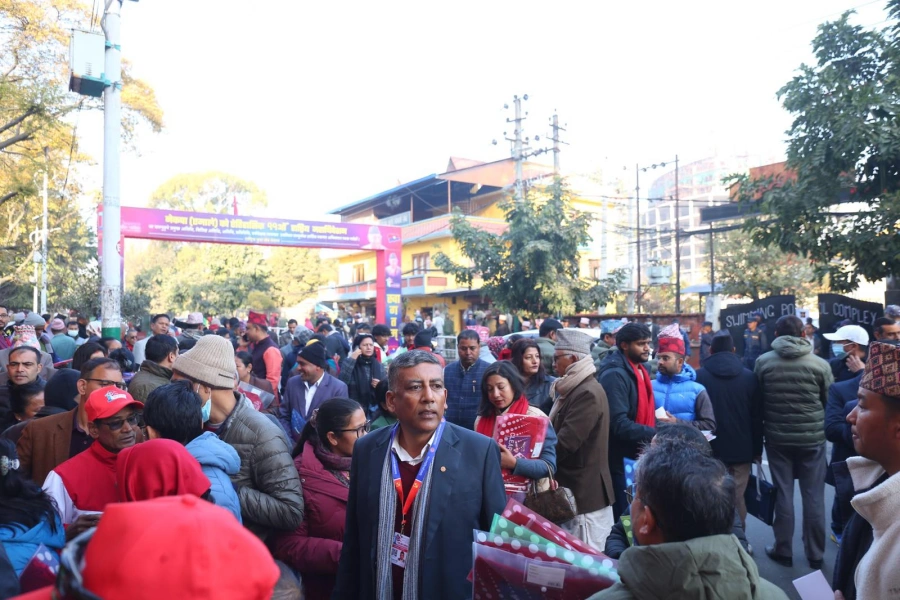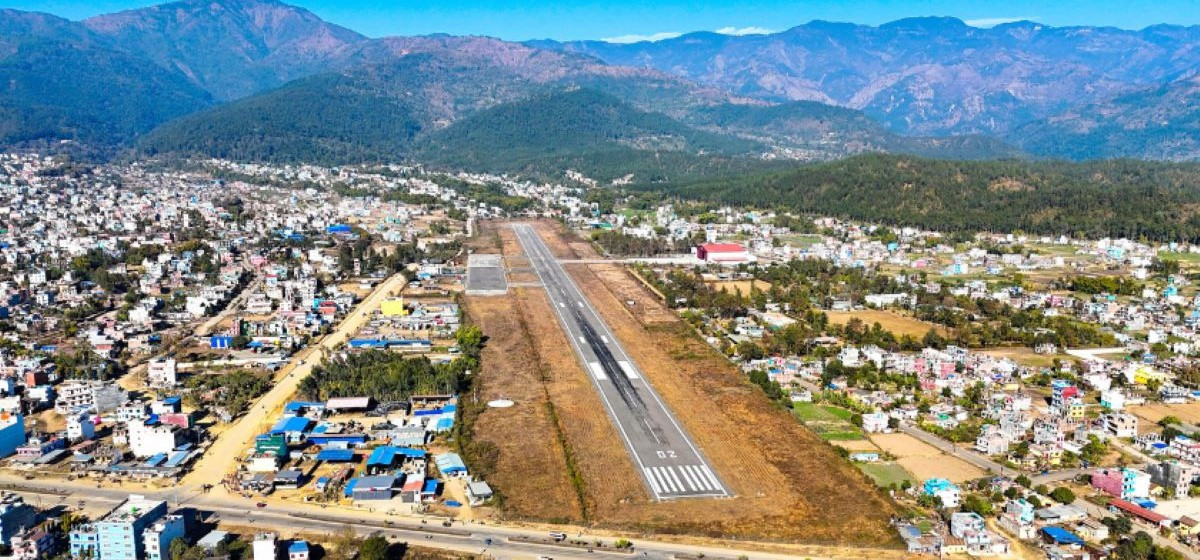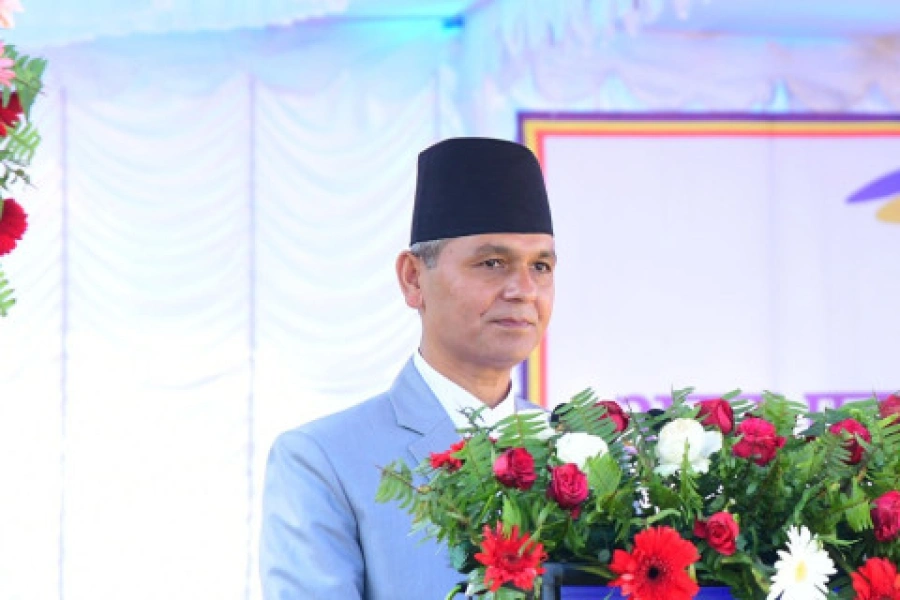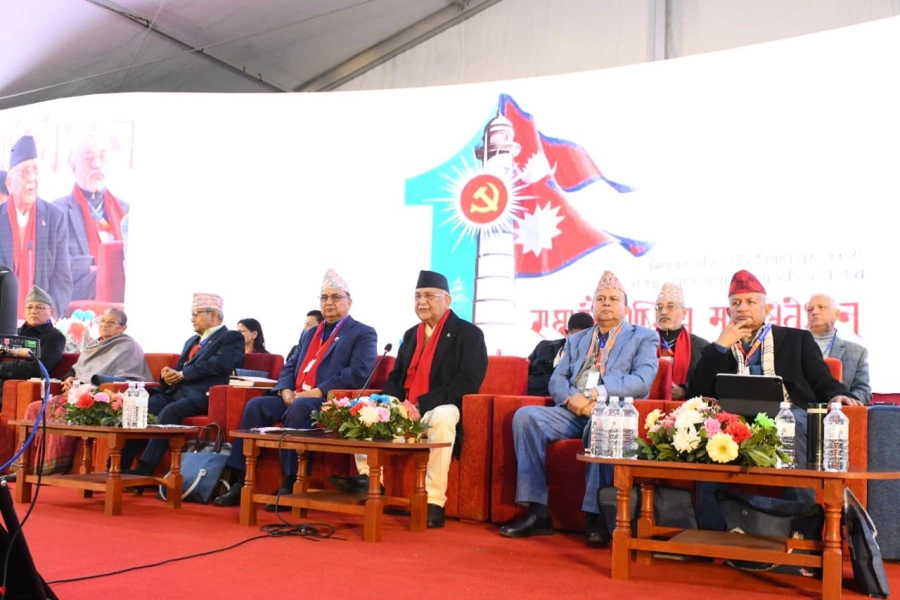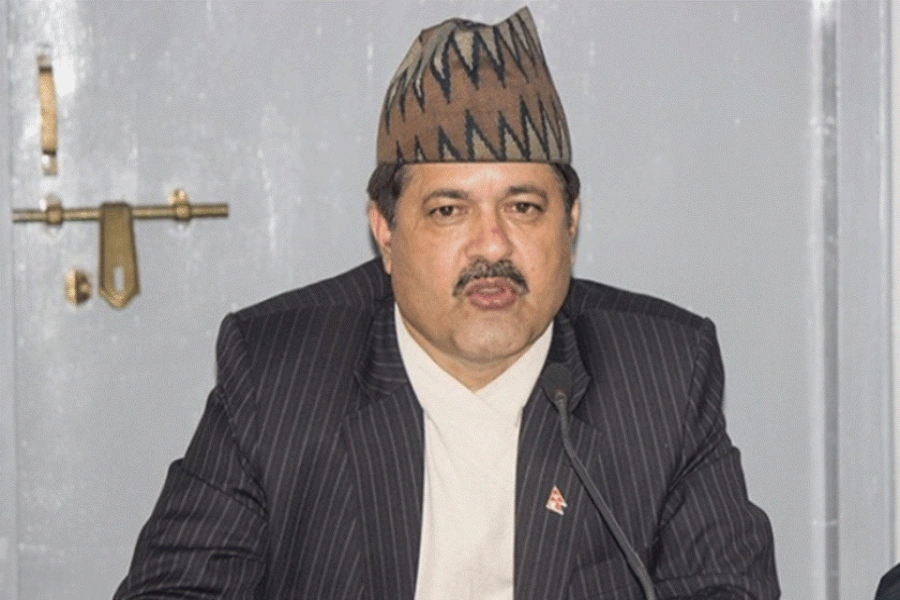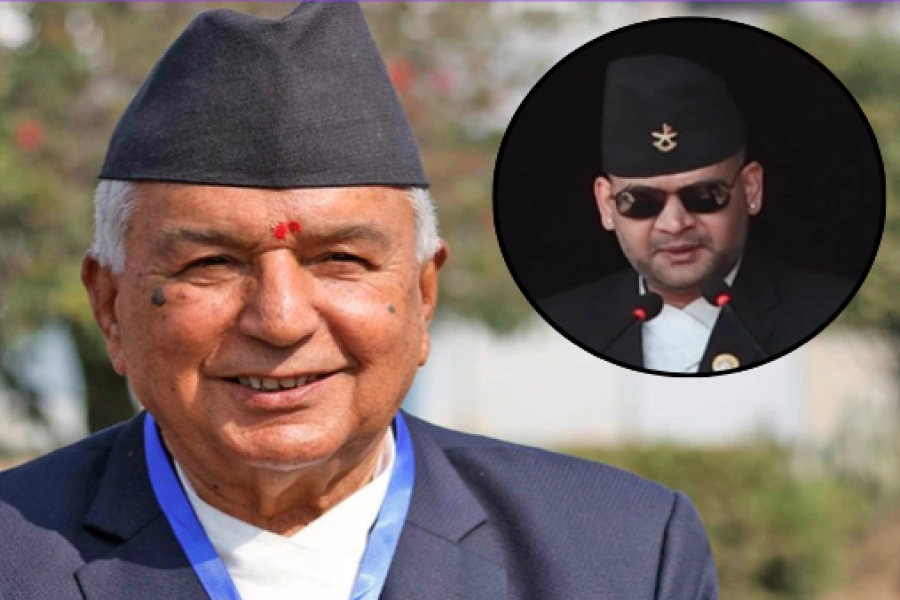The meeting of representatives of international airlines operators in Nepal, specially those operating wide-body aircraft, held here on Wednesday came to a common conclusion that a separate SOP, which will create a standardized system by means of which the airlines can prepare themselves when runway problems emerge, is needed. [break]
“The SOP emphasizing all the aspects for preparation such as flight management, passenger handling, safety enhancement, informing flight crew about the problem, responding to the situation, among others, should be made so that all the airlines can prepare themselves accordingly,” Bharat Kumar Shrestha, chairman of AOCN, said.
Currently, Air Asia, Korean Air, Thai Airways and Dragon Air are operating wide-body aircraft for Nepal flights. Similarly, Etihad Airways, Qatar Airways and the upcoming Turkish Airlines plan to operate wide-body aircraft from September.
According to officials, any restriction to the operation of wide-body aircraft on Nepal flights will suffer Korean Air the most as it is impossible for it to operate narrow-body for a long flight of eight hours.
“Though we are working on payload reduction to reduce load on the runway, it is not the permanent solution as airlines will have to incur huge loss if they have to deduct the number of passengers, including baggage, cargo weight and fuel weight,” said Shrestha.
Shrestha added that SOP is needed immediately as even the timely information about the problem in the runway can minimize the loss to the airlines as they can find solution to the problem.
At a time when operating cost of airlines has been increasing due to rise in fuel prices and increment in charges of various facilities by CAAN, airlines operators say they will have to bear extra loss due to runway damage as pilot have to be paid for extra flying hours when kept on hold or diverted along with extra fuel consumption.
Shrestha said that AOCN is preparing a report about best possible ways that will not have high impact on wide-body aircraft operators. It will submit the report to CAAN on Friday.
Airlines operators said their respective head offices will decide whether or not to operate flights to Kathmandu should their operating cost increases.
Writing a strong Statement of Purpose (SOP)








